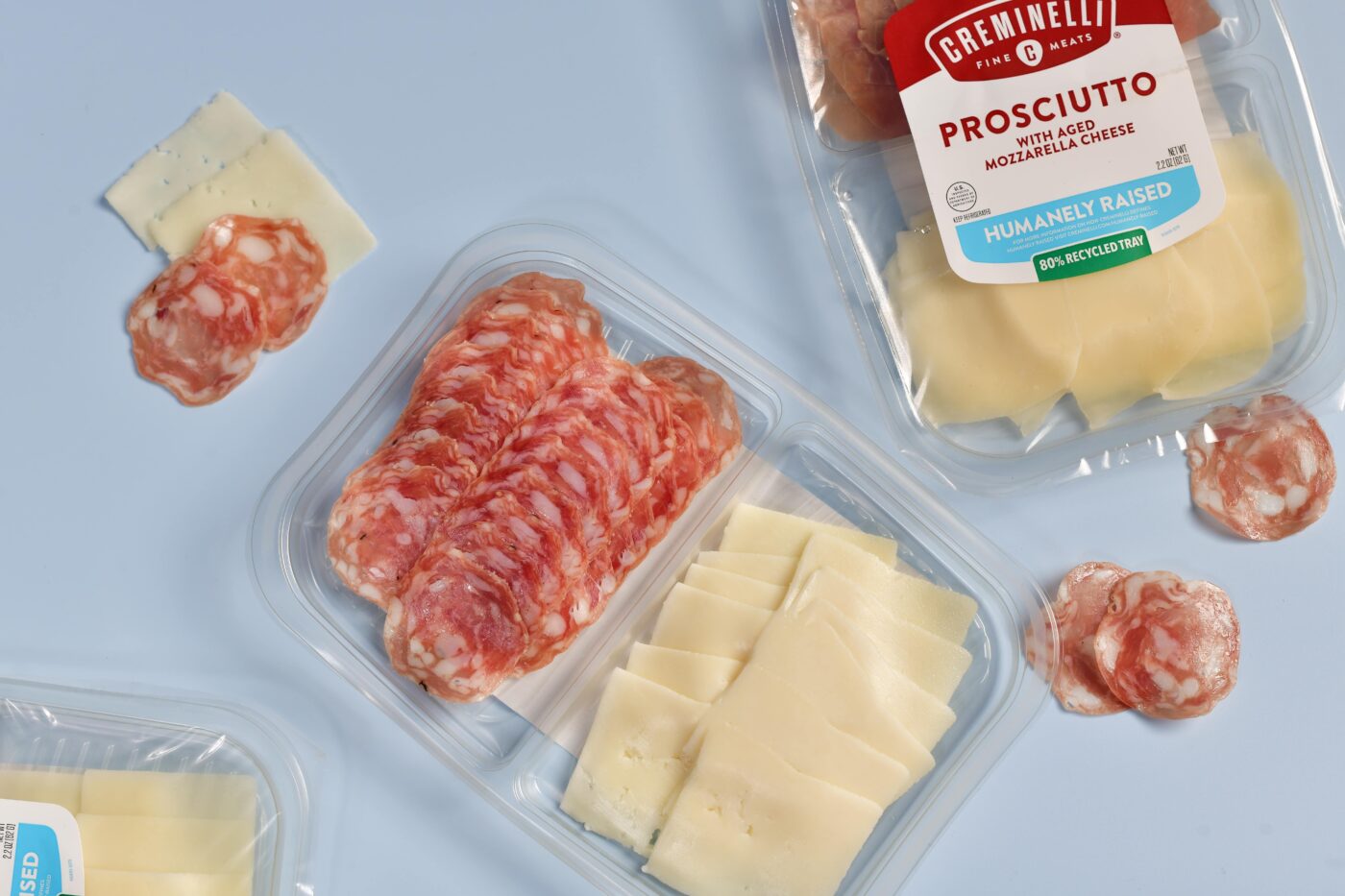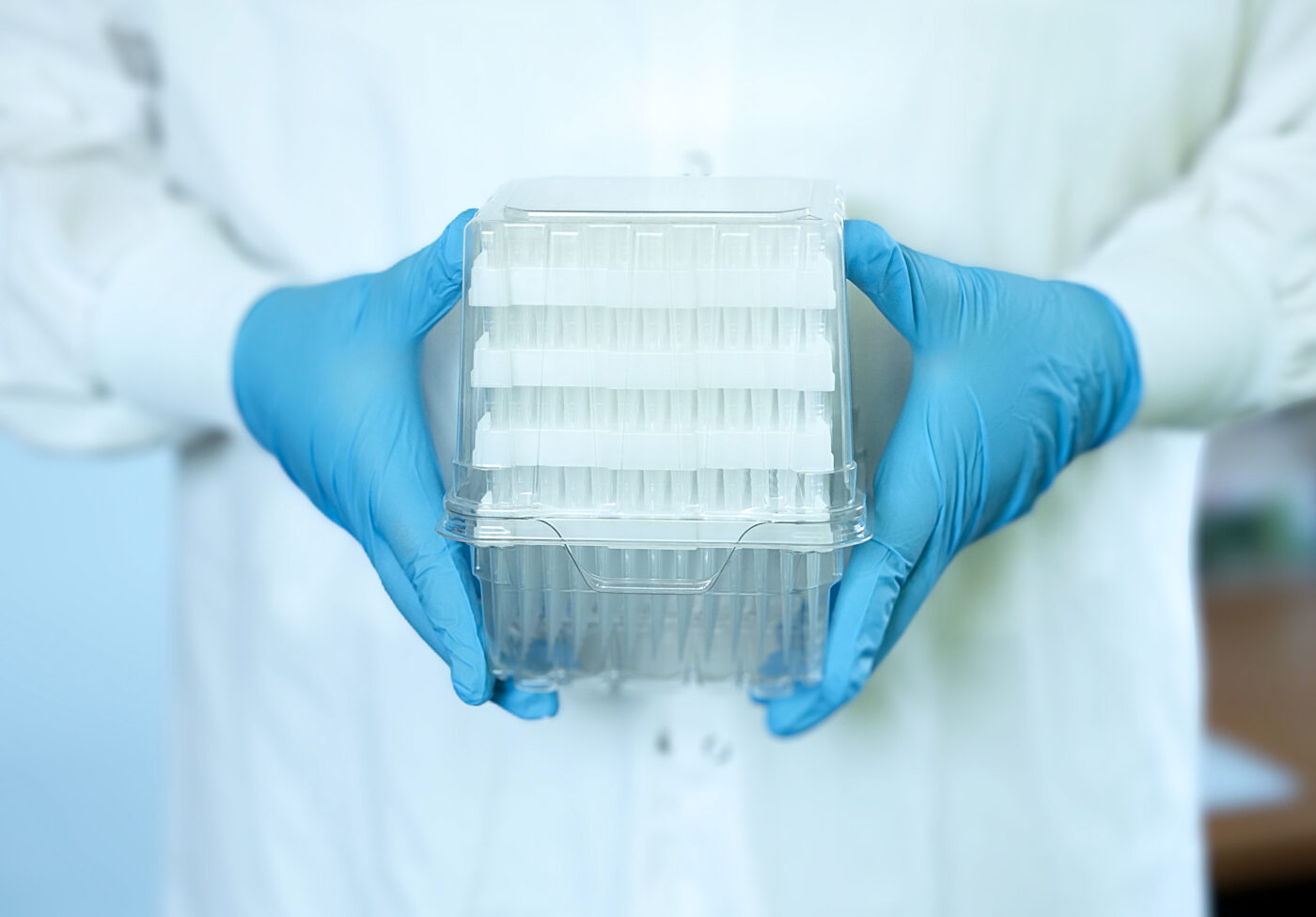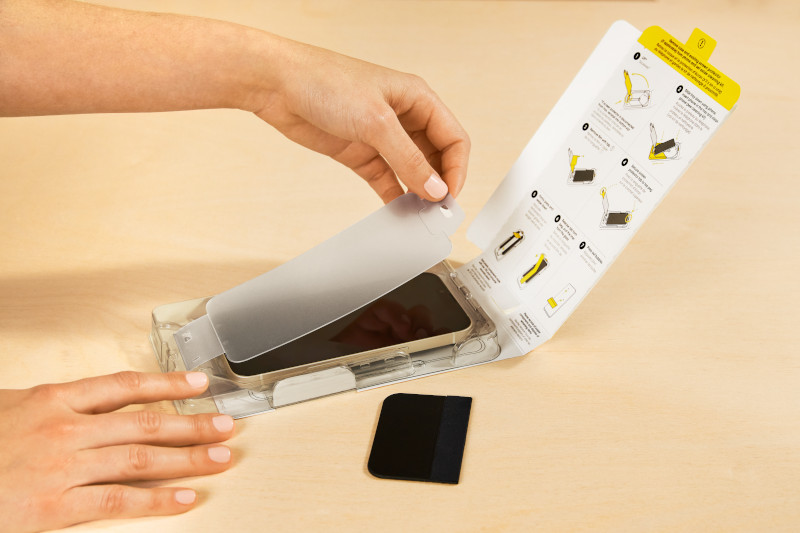
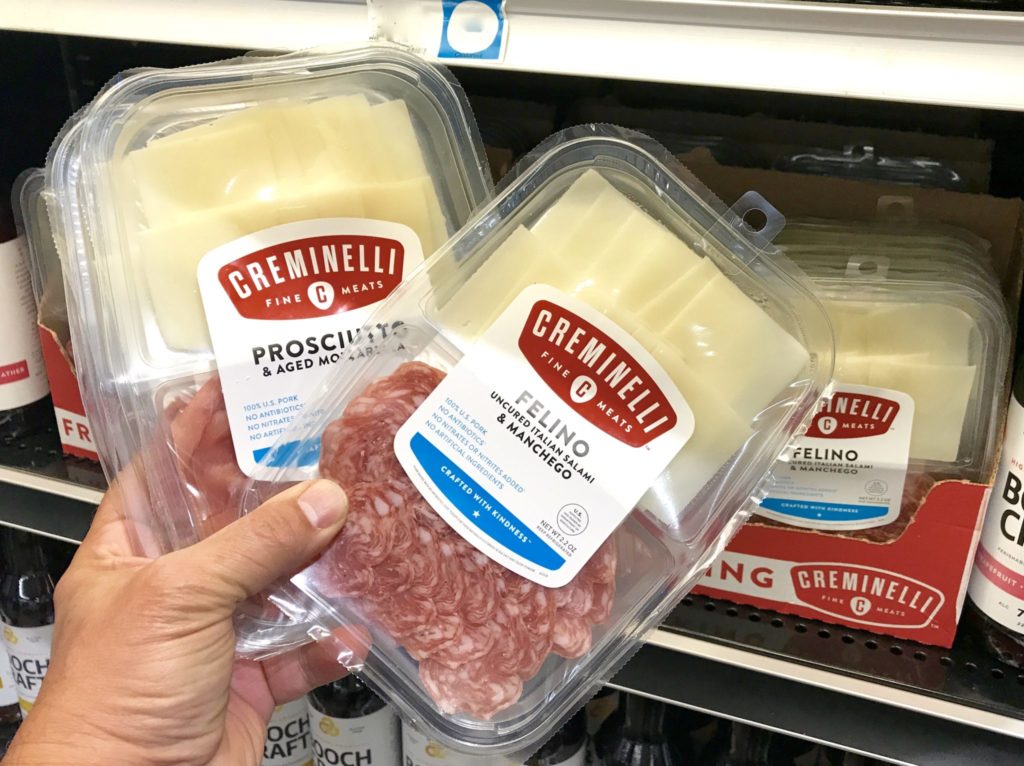
The Challenge
Transform Legacy Package into Sustainable Solution
Creminelli Fine Meats, a crafter of ready-to-eat charcuterie, turned to Plastic Ingenuity for a sustainability assessment of their packaging. Creminelli strives for packaging that reflects the values of their organization. Enhancing the sustainability of the thermoformed tray was seen as an opportunity for improvement, and a potential differentiator for consumers.
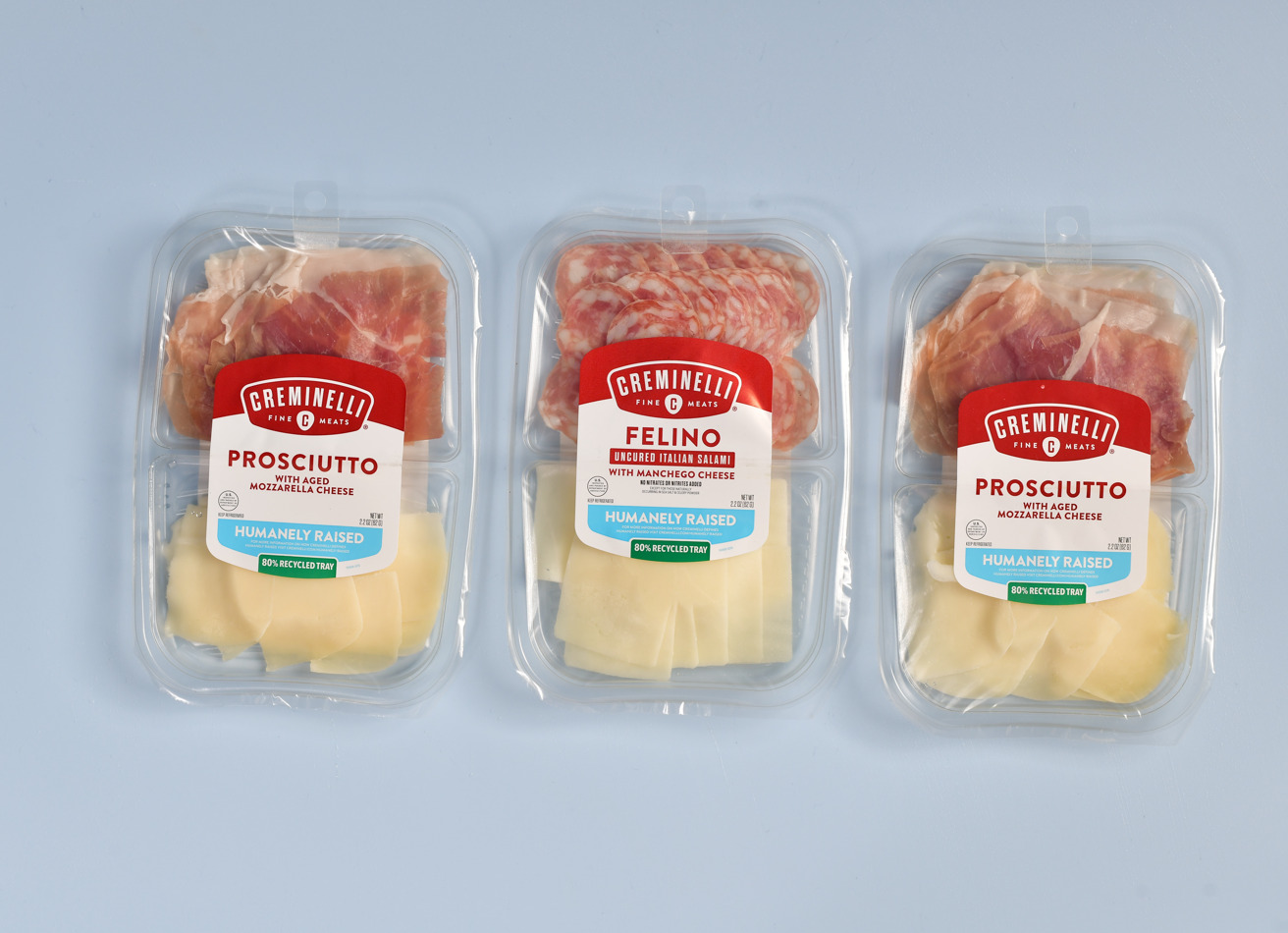
The Process
Plastic Ingenuity Conducts Sustainability Assessment
PI conducted a sustainability assessment focusing on material efficiency, structure selection, and design for recovery. The process kicked-off with a thorough review of the design to discover optimization opportunities. Design attributes were compared to the Association of Plastic Recycler’s (APR) design guide to determine the impact on recyclability. A determination of recycling was made and options for improving the design for recovery were proposed. A sustainability improvement road map was created for collaboration with Creminelli to determine priorities and choose a path forward. Trials and testing were conducted to ensure performance.
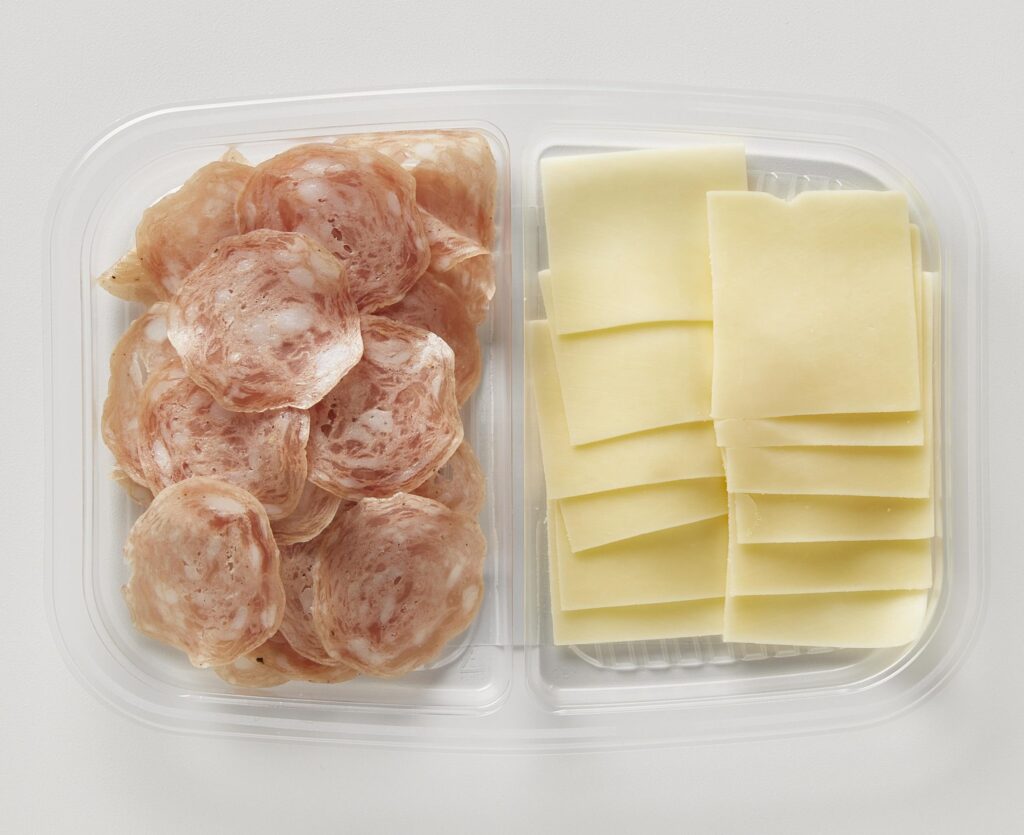
The Solution
A Meat & Cheese Approach
PI engineering determined the trays could be downgauged to reduce material usage without compromising performance. Tray footprints were maintained to minimize disruptions to filling and packaging processes.
Comparing the tray structure to the APR design guide revealed the structure contains a barrier film that renders the package non-recyclable. The barrier film is an integral component for performance by providing food preservation properties. Reducing shelf-life by eliminating barrier properties is not an acceptable trade-off to improve the ability to recycle a package. Preserving the food (and the valuable resources that went into growing it!) was top priority.
PI proposed the use of post-consumer recycled content in the tray to improve the circularity of the package and reduce inherent greenhouse gas emissions. 80% PCR was selected for implementation.

The Results
Results of Sustainability Assessment
reduction in material usage
cars removed from the road
trees planted




